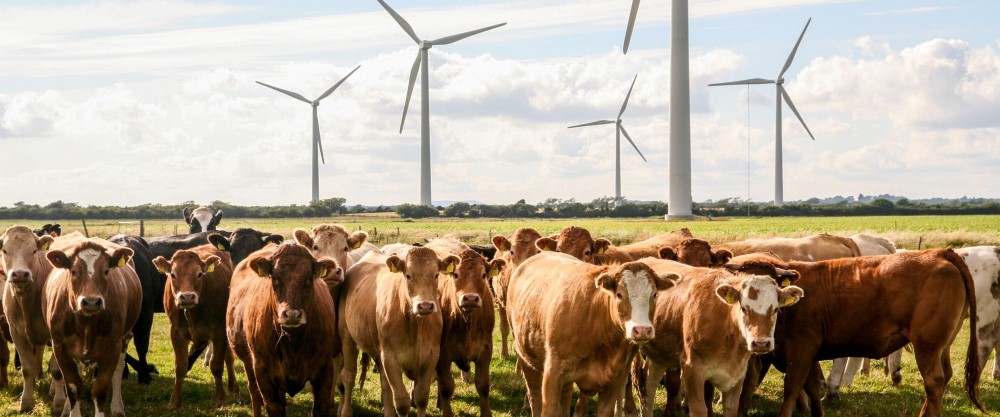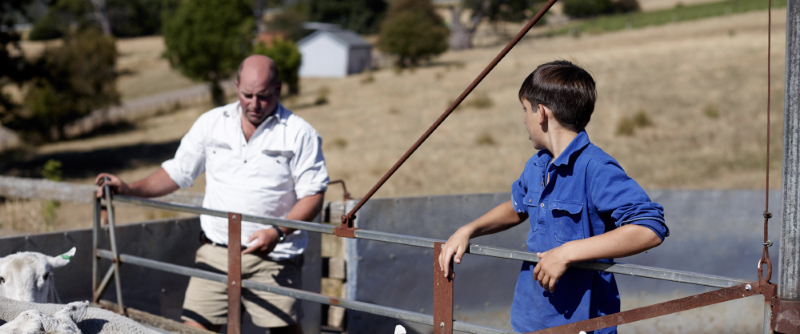European consumers expect a high degree of transparency over where their food is coming from, and the impact that producing, processing and transporting it has had on the environment. Food miles – the distance food has travelled before reaching the consumer – is a part of that.
To better understand the environmental impact of transporting red meat from Australia to Europe, MLA commissioned a full-scale Life Cycle Analysis of beef & lamb production. The study tested greenhouse gas (GHG) emissions at every stage of production, from Australian farms to delivery to European consumers.
The study found that food miles account for less than 4% of red meat emissions.
Measuring food miles as part of the sustainability discussion
The study aimed to provide robust data to inform the general public, market participants, the beef and sheep industries and the science community. This required a mixed approach, with researchers conducting on site visits to farming, processing and transport facilities to collect emissions data, and combining that with data from external sources.
The report found that the on-farm stage of the production cycle contributed 94% of cattle GHG emissions, and 92% of lamb emissions (see chart below). Meat processing, and shipping – despite the distance between Australia and Europe – were found to present a very small proportion total GHG emissions (<3% for beef, and <4% for lamb).

What this means for the Australian red meat industry’s sustainability approach
The study shows that the on-farm stage of red meat production is by far the largest in terms of GHG emissions – a fact which is replicated on farms worldwide, including across the EU. Second, it shows that whilst sustainable practices across the red meat supply chain will be required, the biggest impact the Australian red meat sector can have on GHG emissions reduction will come from reducing environmental impacts on farms. This is a task that MLA takes extremely seriously, and we are the first such industry in the world to pledge carbon neutrality by 2030. To achieve this, MLA is investing millions of dollars annually into research on farming efficiency, vegetation protection and water reduction.
ENVIRONMENTAL SUSTAINABILITYFOOD MILES
Article Date: 13th August 2019

